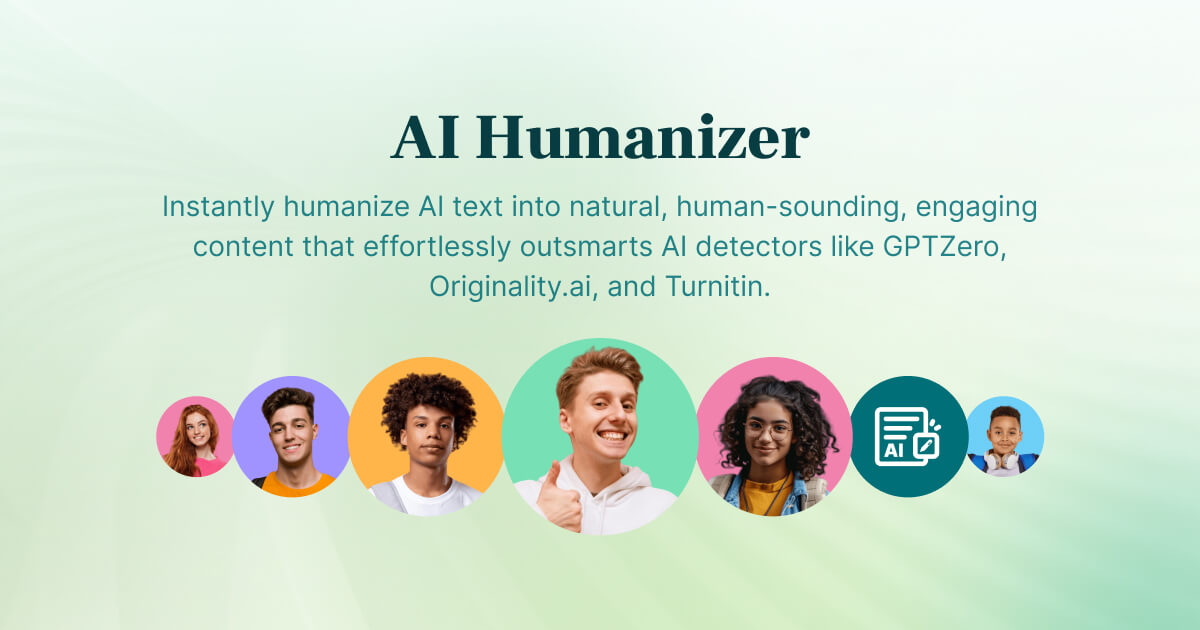Why AI Humanizers Are Essential for Modern Businesses

Artificial Intelligence (AI) has made significant steps in recent years, but among its many profound affects is the way it's transforming human communication. With the development of text humanizer tool , technology now tries to copy psychological intelligence, consideration, and nuance, bringing an even more human-like aspect to unit interactions. This shift is not merely redefining old-fashioned interaction instruments but also reshaping how we engage and connect in particular and qualified spaces.
AI humanizers leverage advanced natural language control (NLP) technologies and machine understanding formulas to read and react with mental depth. Unlike traditional AI techniques that rely on fundamental information running, AI humanizers strive to comprehend tone, context, and also intention in communication. For case, AI-driven methods are today answering not just with accurate answers, but with consideration, acknowledging feelings like frustration or excitement centered on a person's tone or word choice.
A major area wherever that change is apparent is client service. AI-enabled chatbots and virtual assistants have changed from providing simple reactions to highly personalized and emotionally conscious interactions. Data show that 70% of people now prefer conversing with chatbots that can screen emotional intelligence and resolve problems in a more “human” manner. This development not just improves client satisfaction but also leads to stronger model loyalty and retention.
The professional workplace is still another room where AI humanizers are emerging as game-changers. They are supporting agencies connection national and linguistic breaks by providing real-time translations imbued with national nuances. Video conferencing methods with AI-based stay transcription and emotion recognition are enabling more inclusive and effective conversation among globally distributed teams. Over 60% of organizations applying such instruments record increased venture and paid down instances of miscommunication.
AI humanizers are also transforming areas like education and intellectual health. Electronic tutors equipped with psychological intelligence can target learning experiences predicated on a student' ;s feelings or engagement levels. Similarly, mental health programs that use AI humanizers can provide empathetic, covert support to customers all through occasions of tension or panic, easily stuffing breaks wherever individual practitioners are unavailable.
The rise of AI humanizers does not come without challenges. Issues about honest use , knowledge privacy, and over-reliance on AI remain main debates once we shift toward more human-like AI interactions. However, the development is distinct – AI is no further more or less calculators and automations; it's about connection, knowledge, and psychological intelligence.

The fascinating potential of AI humanizers is pushing the limits of what technology can achieve. That era of AI-driven connection supports claims of deeper understanding, enhanced problem-solving, and greater connections for individuals and corporations alike.
